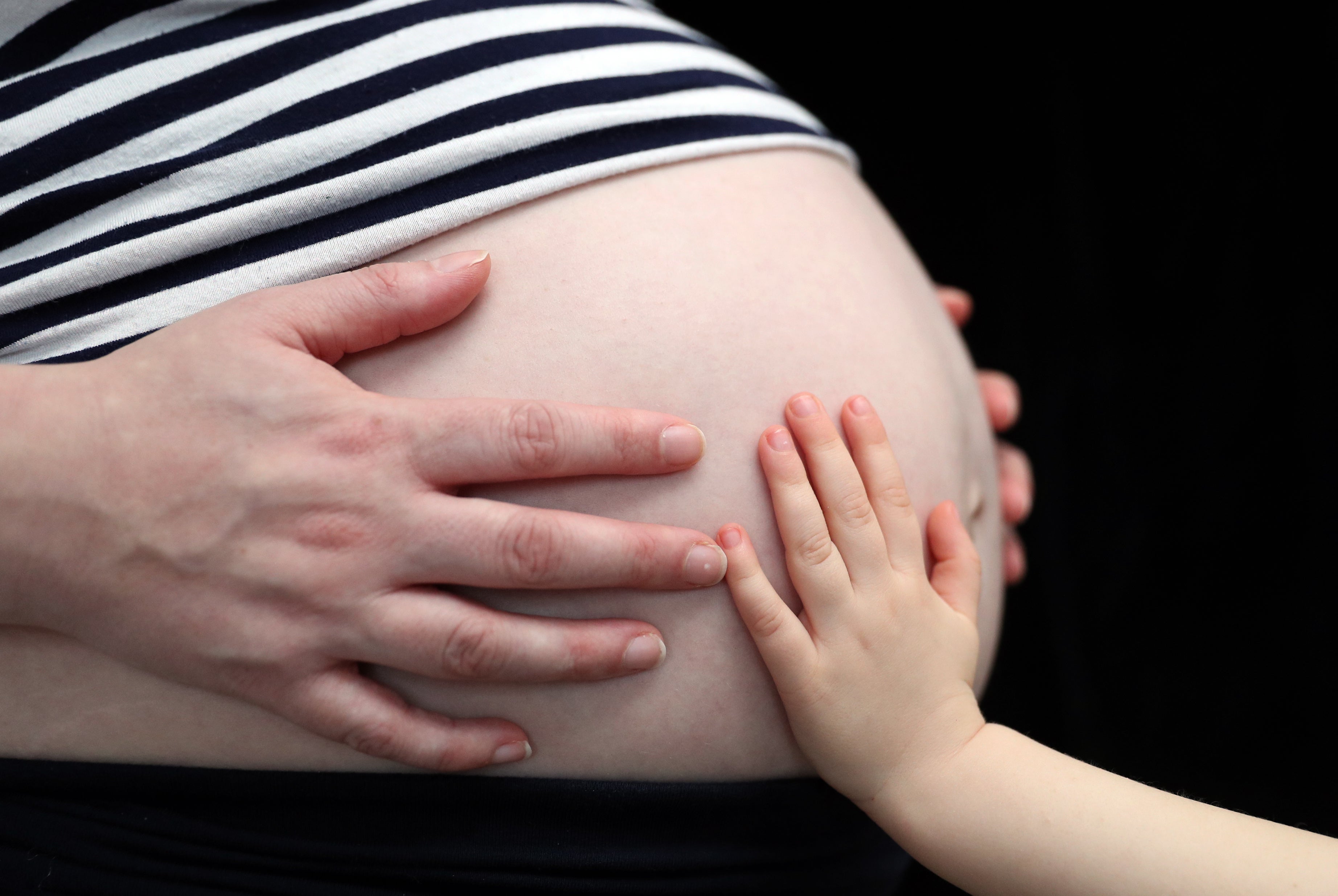Pregnant mentally-ill woman can have C-section against her will, judge rules
At an urgent Court of Protection hearing, Mr Justice Francis decided doctors could lawfully perform a caesarean section without the woman’s consent.

Doctors can perform a caesarean section against the will of a diabetic woman in her late 20s who has mental health difficulties, a judge has ruled.
The heavily pregnant woman has been diagnosed with schizoaffective disorder and detained under the terms of mental health legislation.
She wanted to give birth naturally, but specialists said a natural delivery would be risky and could result in the baby being stillborn.
Mr Justice Francis decided doctors could lawfully perform a caesarean section without the woman’s consent after analysing evidence late on Thursday at an urgent online hearing at the Court of Protection. This is where judges consider issues relating to people who might lack the mental capacity to take decisions for themselves.
The judge is based in the Family Division of the High Court at the Royal Courts of Justice complex in London. He said the woman, who is 40 weeks pregnant, could not be identified in media reports of the case.
He said she was in the care of the Chelsea and Westminster Hospital NHS Foundation Trust.
Lawyers representing the trust had begun litigation and asked him to rule that a caesarean section could lawfully be performed.
A barrister representing the woman also said a caesarean section would be in her best interests.
Mr Justice Francis concluded that the woman lacked the mental capacity to make decisions about treatment for herself.
He said the evidence led him to “unhesitatingly accept” that the order the trust wanted should be made.
Specialists treating the woman said even if she started to give birth naturally, she would probably need a caesarean section.
They said a pre-planned caesarean section was the only “realistic alternative”.
Barrister Parishil Patel QC, who led the trust’s legal team, told the judge that the woman was 40 weeks pregnant and gave details of her medical difficulties.
“She has a diagnosis of schizoaffective disorder,” he said.
“Her pregnancy is significantly complicated by gestational diabetes and her compliance with medication to manage the risks from diabetes has been sporadic.”
“The reason for the proceedings is to allow the clinicians involved in her obstetric care to carry out an elective caesarean section as soon as possible so that her baby can be safely delivered and the risks to (her) health can be minimised.”
He added: “The consequence is that there is a very significant (and increasing) risk of harm to the foetus, and consequent harm to (her).
“The reason for the proceedings is to allow the clinicians involved in her obstetric care to carry out an elective caesarean section as soon as possible so that her baby can be safely delivered and the risks to (her) health can be minimised.”
He said a member of the woman’s family also thought she should have an elective caesarean section.
Barrister Katie Gollop QC represented the woman and was instructed by staff at the office of the Official Solicitor, who help vulnerable people embroiled in litigation.
She said it was “never comfortable” to argue that someone should have “serious surgical intervention” against their wishes.
But she said evidence showed that the woman would require a caesarean section “in any event”.
She said a “precautionary approach” was best.
